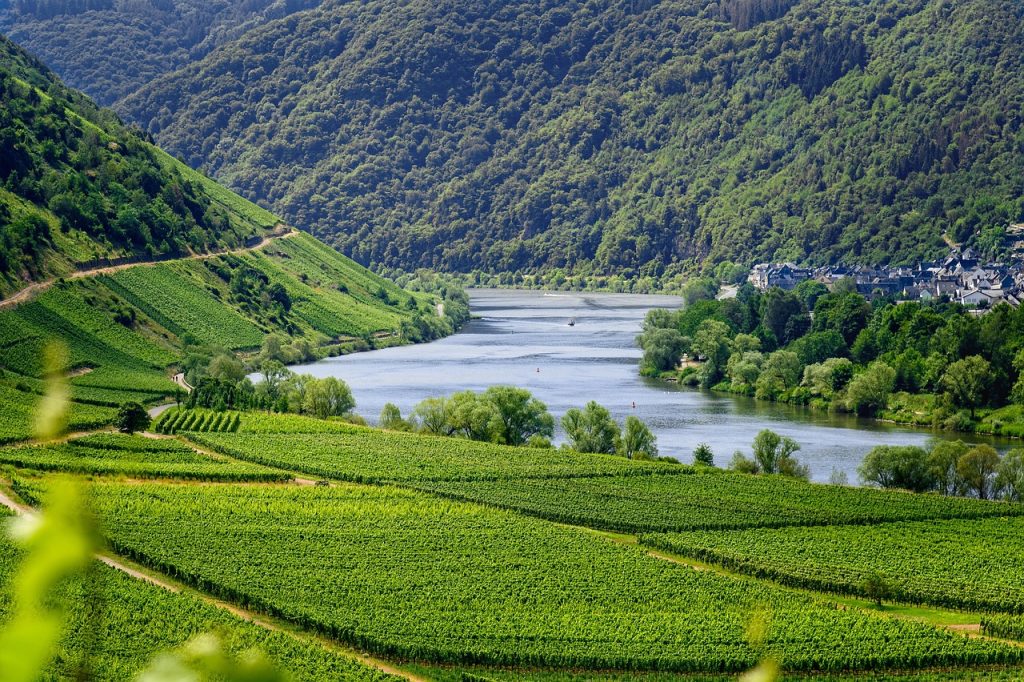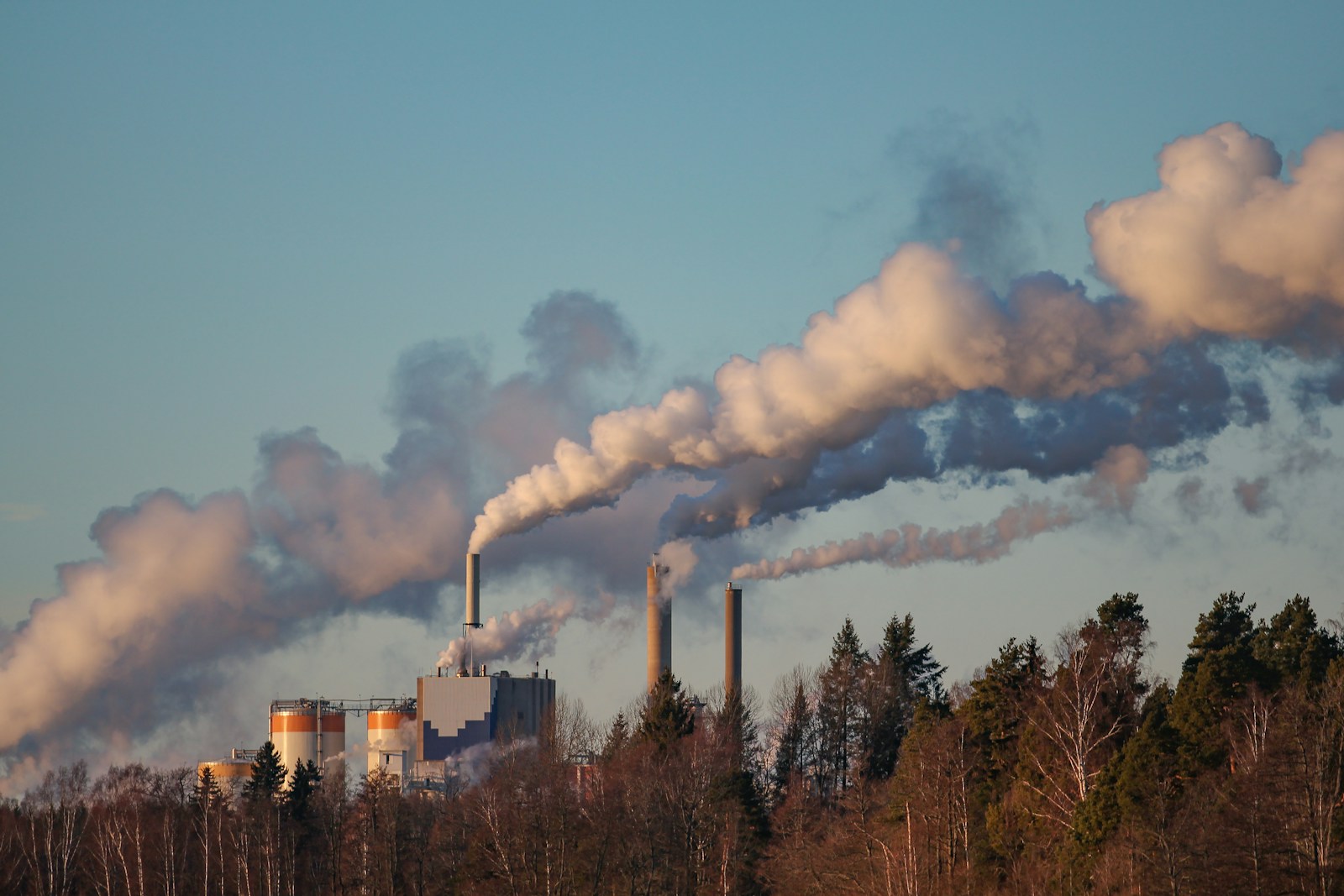Table of Contents
ToggleIntroduction
As the climate continues to change, it is having a significant impact on our world, including the wine industry. With rising temperatures and changing weather patterns, vineyards are facing new challenges that are impacting the flavors and quality of their wines. In this article, we will explore how climate change is affecting the wine industry and what it means for wine enthusiasts and the environment.
The Impact of Climate Change on Vineyards
Vineyards around the world are experiencing changes in temperature and precipitation patterns that are affecting the grape-growing process. Warmer temperatures are causing grapes to ripen earlier, which can lead to lower acidity levels and higher sugar content. This, in turn, can result in wines that are sweeter and have lower acidity levels than in the past.
In addition to changes in temperature, vineyards are also facing more extreme weather events such as droughts, floods, and hailstorms. These events can damage crops, reduce yields, and impact the quality of the grapes. They also make it more challenging for vineyard owners to predict and manage their harvests.

Changes in Wine Flavors
As a result of these changes, the flavors and aromas of wines are also evolving. Wines produced in warmer climates tend to be fruitier and have higher alcohol content, while those produced in cooler climates have more acidity and mineral flavors. As the climate continues to warm, wines from traditionally cooler regions may become riper and fruitier, while those from warmer regions may lose some of their acidity and develop more jammy flavors.
The Importance of Terroir
Terroir, the combination of climate, soil, and topography, has long been considered a crucial factor in the production of high-quality wines. However, as the climate changes, terroir is also evolving. Vineyards that were once ideal for growing certain grape varieties may no longer be suitable, forcing vineyard owners to adapt and make changes to their operations.
For example, some vineyards are experimenting with new grape varieties that are better suited to warmer climates. Others are adjusting their farming practices, such as planting cover crops to retain moisture and using drip irrigation to conserve water.
The Environmental Impact
The impact of climate change on the wine industry goes beyond just the flavors of the wines. The industry is also a significant contributor to greenhouse gas emissions, with transportation, refrigeration, and packaging all playing a role. In addition, vineyards require large amounts of water, and in many regions, water resources are becoming increasingly scarce.
As consumers become more aware of the environmental impact of their purchasing decisions, many wineries are taking steps to reduce their carbon footprint and become more sustainable. This includes using renewable energy sources, such as solar and wind power, and adopting eco-friendly packaging and transportation practices.
The Future of Wine
As climate change continues to affect the wine industry, vineyards will need to adapt and innovate to maintain the quality of their wines. This could mean developing new grape varieties, implementing sustainable farming practices, or exploring alternative winemaking techniques.
For wine enthusiasts, these changes could mean exciting new flavors and aromas to discover. However, they also highlight the importance of supporting sustainable and environmentally conscious wineries that are working to reduce their impact on the planet.
Conclusion
Climate change is having a significant impact on the wine industry, from changes in temperature and precipitation patterns to evolving wine flavors and aromas. As vineyards face new challenges, they are adapting and innovating to maintain the quality of their wines while also reducing their impact on the environment. For wine enthusiasts, this means exciting new flavors to discover, but it also highlights the importance of supporting sustainable and environmentally conscious wineries. By working together, we can help ensure that the wine industry continues to thrive while also protecting our planet for future generations







